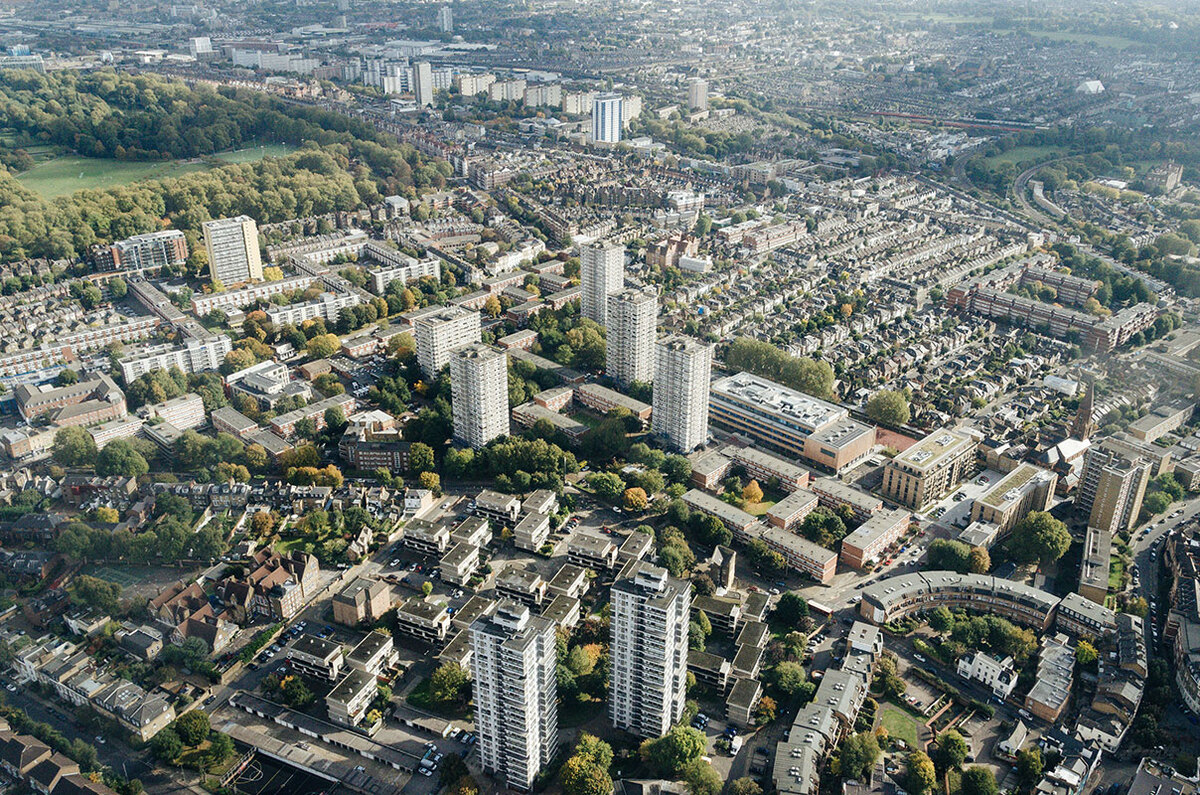A fifth of people in England struggle to meet rent and mortgage costs, Shelter survey reveals
More than a fifth of people in England are struggling to meet housing costs, new research commissioned by Shelter has found.

The housing charity’s research, carried out by YouGov, stated that 21% of people in England struggled to keep up with mortgage or rent payments last year.
A total of 6,197 adults were surveyed for the research from 2 to 7 January. Of this group, 3,087 were adults with housing costs in England, including homeowners, private renters and social renters.
Over 67% of people with housing costs reported at least one housing pressure over the past year – equivalent to 19.9 million people across England. This includes struggling to keep up with housing costs, having to cut back on essentials, worrying about eviction, poor insulation, damp and mould or health and safety hazards.
Of those paying housing costs, 37% had to cut back on essentials to afford rent or mortgage payments, while 10% were worried about being evicted from their home.
Of those experiencing housing pressures, more than half (57%) have been kept awake at night over the past year due to worries such as high rents, poor conditions and the risk of eviction, the survey found. This is equivalent to 11.4 million people across England.
More than two-thirds (71%) of people with housing costs who reported a housing issue said they feel anxious, and just under half said they feel hopeless due to their housing situation.
Rents are continuing to surge in England. Average UK private rents increased by 9.1% in the 12 months to November 2024, according to the Office for National Statistics, outstripping wage growth.
In England, private rent inflation was highest in London (11.6%) and lowest in Yorkshire and The Humber (5.7%).
Meanwhile, average UK house prices increased by 3.4% in the 12 months to October 2024. House price inflation last year was lowest in London at 0.2%. The North East was the English region with the highest house price inflation at 4.7%.
Later today (Tuesday 14 January), MPs will debate and vote on amendments to the government’s Renters’ Rights Bill for the final time. The bill will end Section 21 no-fault evictions, increase eviction notice periods from two to four months, ban rental bidding wards and introduce a new landlord database.
The government has also recently tabled an amendment to limit the amount of rent a landlord can demand in advance to one month’s worth.
Carla Denyer, co-leader of the Green Party and MP for Bristol Central, has also tabled an amendment to force landlords to allow home adaptations for people with disabilities.
Shelter said it was working with HSBC UK to expand emergency assistance for housing pressures, including digital tools and in-person services.
Nadeem Khan, emergency helpline manager at Shelter, said: “Up and down the country, the housing emergency is raging and as we enter a new year, millions of people are feeling the devastating impact of a lack of genuinely affordable social homes and record high private rents.
“Every day across our frontline teams, we see and hear about the crippling financial pressures and heartbreaking situations people are facing. Parents tell us how they are spending sleepless nights anxious about losing their home and having to move away from their work, communities and children’s schools.”
A Ministry of Housing, Communities and Local Government spokesperson said: “Our Renters’ Rights Bill will deliver on our promise to transform the private rented sector, so that people can put down roots and save for the future without fear of being evicted on a whim – including plans to end no-fault evictions for all existing and new tenants.
“Through our Plan for Change, we will tackle the wider housing crisis we inherited head on, building the homes we need, delivering the biggest boost in social and affordable housing in a generation.”
Sign up for our tenancy management newsletter
Already have an account? Click here to manage your newsletters











